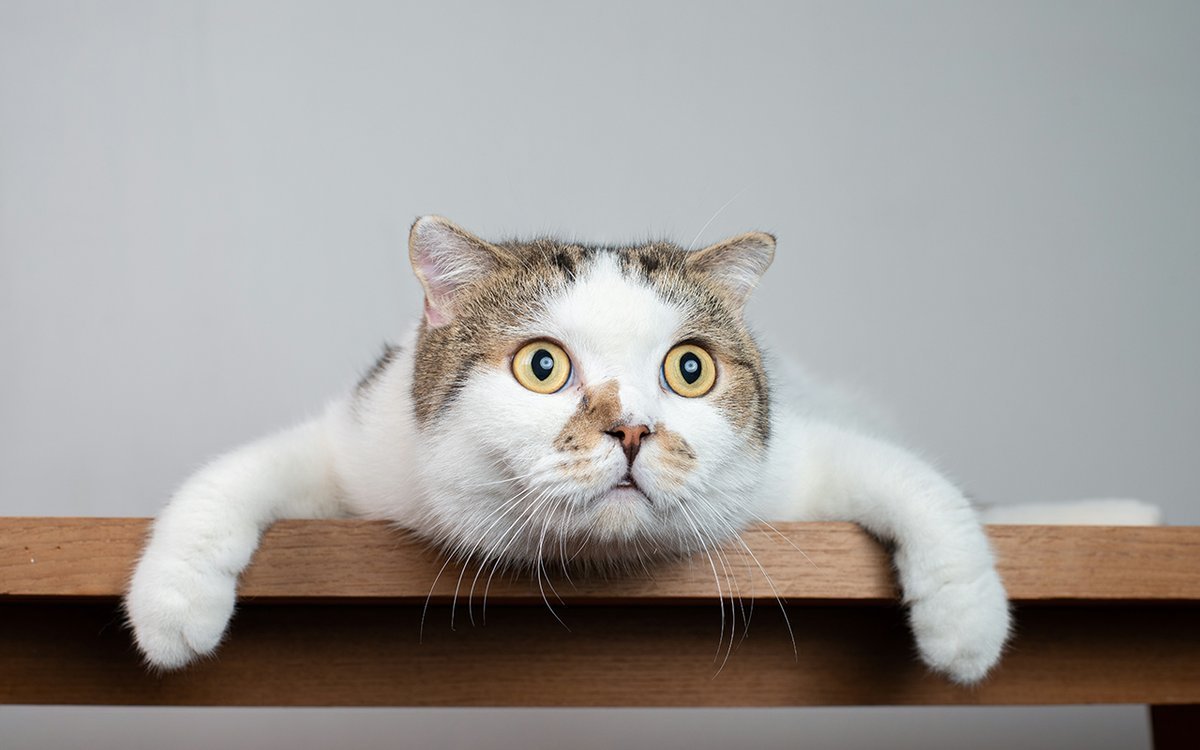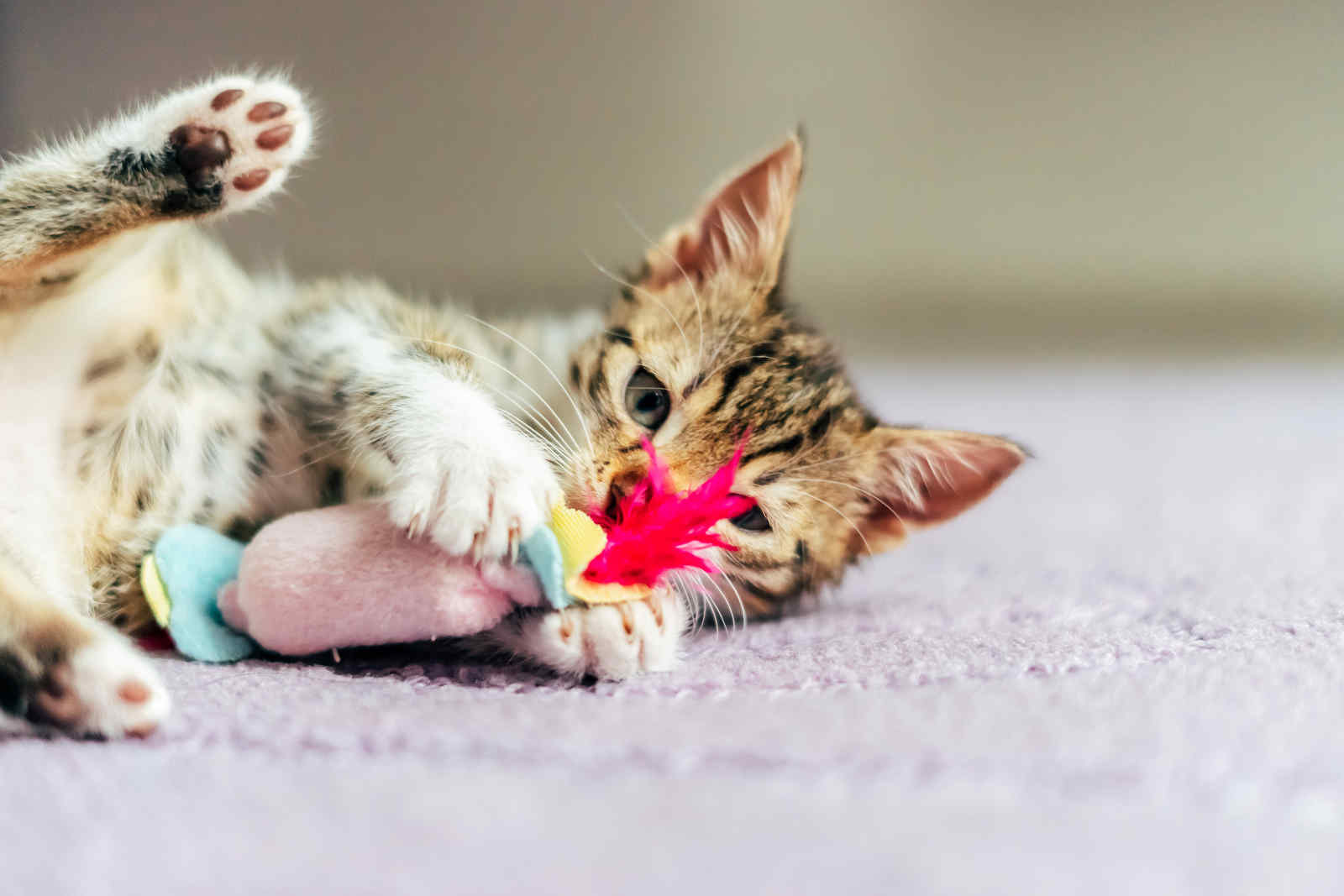
Common Cat Health Issues
As a cat owner, it’s essential to be aware of common cat health issues to ensure that your furry friend stays healthy and happy. Regular check-ups and preventive care are crucial in detecting and preventing health problems. In this blog post, we’ll cover the most common cat health issues, their symptoms, prevention, and treatment. We’ll also touch on the importance of providing your cat with healthy cat food, which plays a crucial role in its overall well-being.

Common Health Issues
Cats are susceptible to several health issues, and it’s crucial to be aware of the signs and symptoms to seek early treatment. Below are some of the most common cat health issues and what you can do to prevent and treat them.
Urinary Tract Issues
Urinary tract issues are common in cats and can range from mild to severe. Some of the symptoms include frequent urination, painful urination, and blood in the urine.
If your cat is exhibiting symptoms such as frequent urination, painful urination, or blood in their urine, it could be an indication of urinary tract issues. However, there are steps you can take to prevent these issues from occurring in the first place. One critical aspect of prevention is ensuring that your cat is well-hydrated and has access to clean water at all times.
Additionally, stress can be a contributing factor, so it’s essential to provide a calm and comfortable environment for your cat to reduce their stress levels. By taking these preventative measures, you can help keep your cat’s urinary tract healthy and avoid potential health issues down the line.
In case of urinary tract issues, your vet may prescribe antibiotics to treat any underlying infections. In some cases, dietary changes may also be necessary to prevent the recurrence of symptoms.

Gastrointestinal Issues
Cats often suffer from gastrointestinal issues, which can be quite uncomfortable and distressing for them. The symptoms of these problems include diarrhea, vomiting, and loss of appetite. However, there are ways to prevent these issues from occurring in the first place. Provide your cat with high-quality cat food and avoid giving them table scraps. This helps to maintain their digestive health and reduce the risk of gastrointestinal problems.
Whenever your cat does develop gastrointestinal issues, your vet may prescribe medication to treat the underlying cause. In addition, probiotics may be recommended to restore the natural balance of bacteria in the gut. With proper treatment, most cats are able to recover from these issues and return to their normal healthy state.
Skin Issues
Skin issues in cats can range from minor to severe and can be caused by several factors, such as allergies, parasites, or infections. Some of the symptoms include itching, scratching, and hair loss.
Keeping your cat protected from fleas and ticks, and controlling allergens in the environment can help prevent skin issues. When skin issues occur, your vet may prescribe medication to treat the underlying cause. Shampoo therapy may also be recommended to soothe itchy skin and improve the overall condition of the coat.
Importance of Healthy Cat Food
Providing your cat with a balanced and nutritious diet is crucial for its overall well-being. High-quality cat food provides all the essential nutrients, vitamins, and minerals that your cat needs to maintain good health.
Nutritional Requirements
Cats have specific nutritional requirements, and it’s important to understand these to ensure that your cat is getting the right nutrients in their diet. Some of the essential nutrients include protein, fats, carbohydrates, vitamins, and minerals.
Benefits of High-Quality Cat Food
Feeding your cat high-quality cat food has numerous benefits, including better digestion, a stronger immune system, and a shinier coat.
- Better Digestion – High-quality cat food is easier for your cat to digest, reducing the likelihood of gastrointestinal issues.
- Stronger Immune System – A balanced diet provides your cat with the vitamins and minerals necessary for a strong immune system, helping to prevent illnesses and infections.
- Shinier Coat – A diet rich in essential fatty acids can help improve the overall condition of your cat’s coat, leaving it soft, shiny, and healthy.

Choosing the Right Cat Food
Choosing the right cat food can be challenging, but it’s essential to consider several factors to ensure that your cat is getting the nutrients they need. These factors include age, health conditions, and personal preferences.
- Age – The nutritional requirements of kittens and senior cats are different, so it’s essential to choose cat food that meets the specific needs of your cat.
- Health Conditions – If your cat has any health conditions, such as diabetes or kidney disease, it’s important to choose a diet that is appropriate for its needs.
- Preferences – Some cats may be picky eaters, so it’s essential to choose a cat food that they like and will eat willingly.
The health and well-being of your cat should always be a top priority. Understanding common cat health issues, their symptoms, and the steps you can take to prevent and treat them is crucial in keeping your cat happy and healthy. Regular check-ups with your vet and providing your cat with a balanced and nutritious diet are both important aspects of preventive care.
By taking an active role in your cat’s health, you can ensure that they live a long, happy, and healthy life. Remember, a little effort goes a long way in keeping your furry friend happy and healthy.




